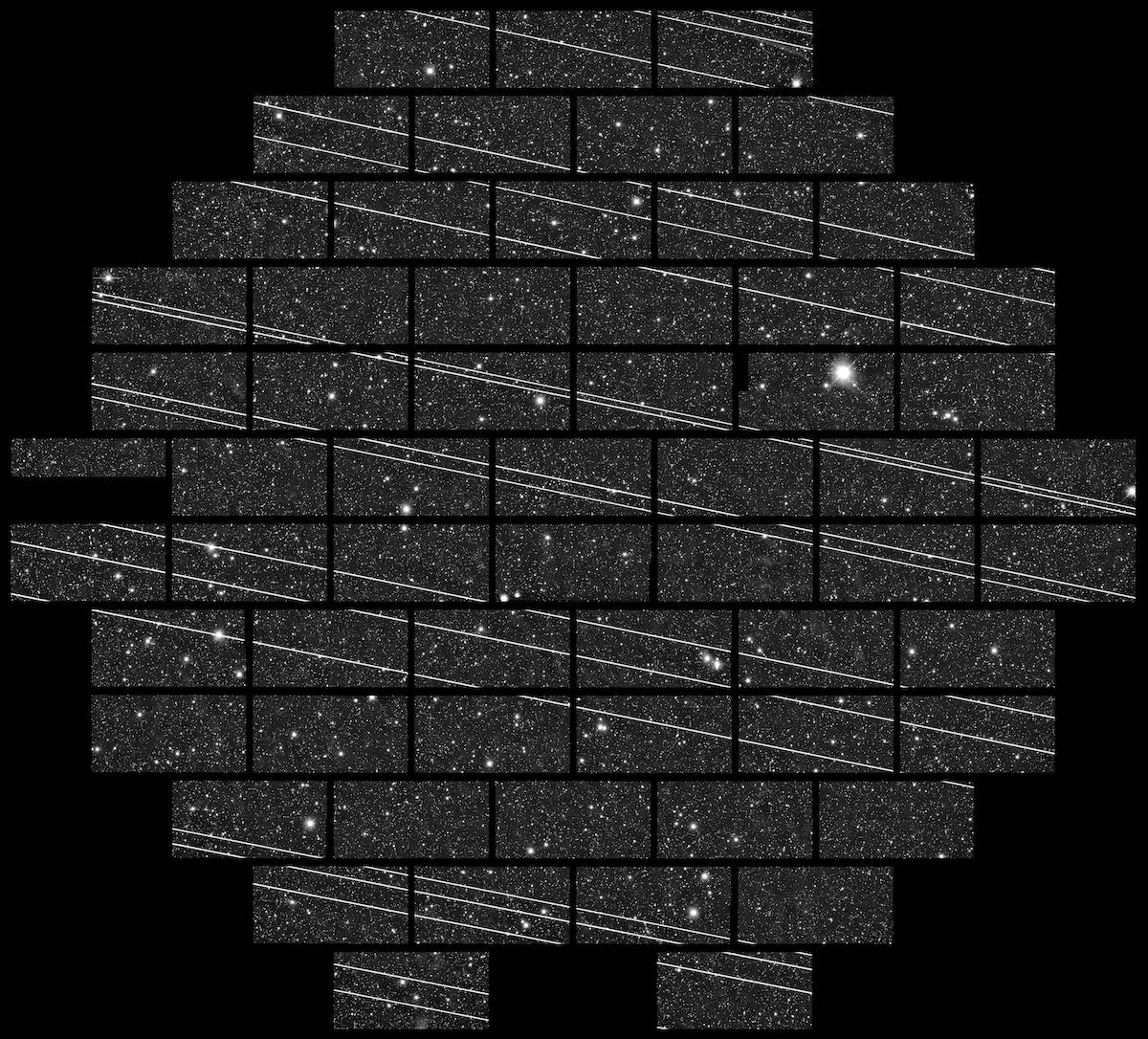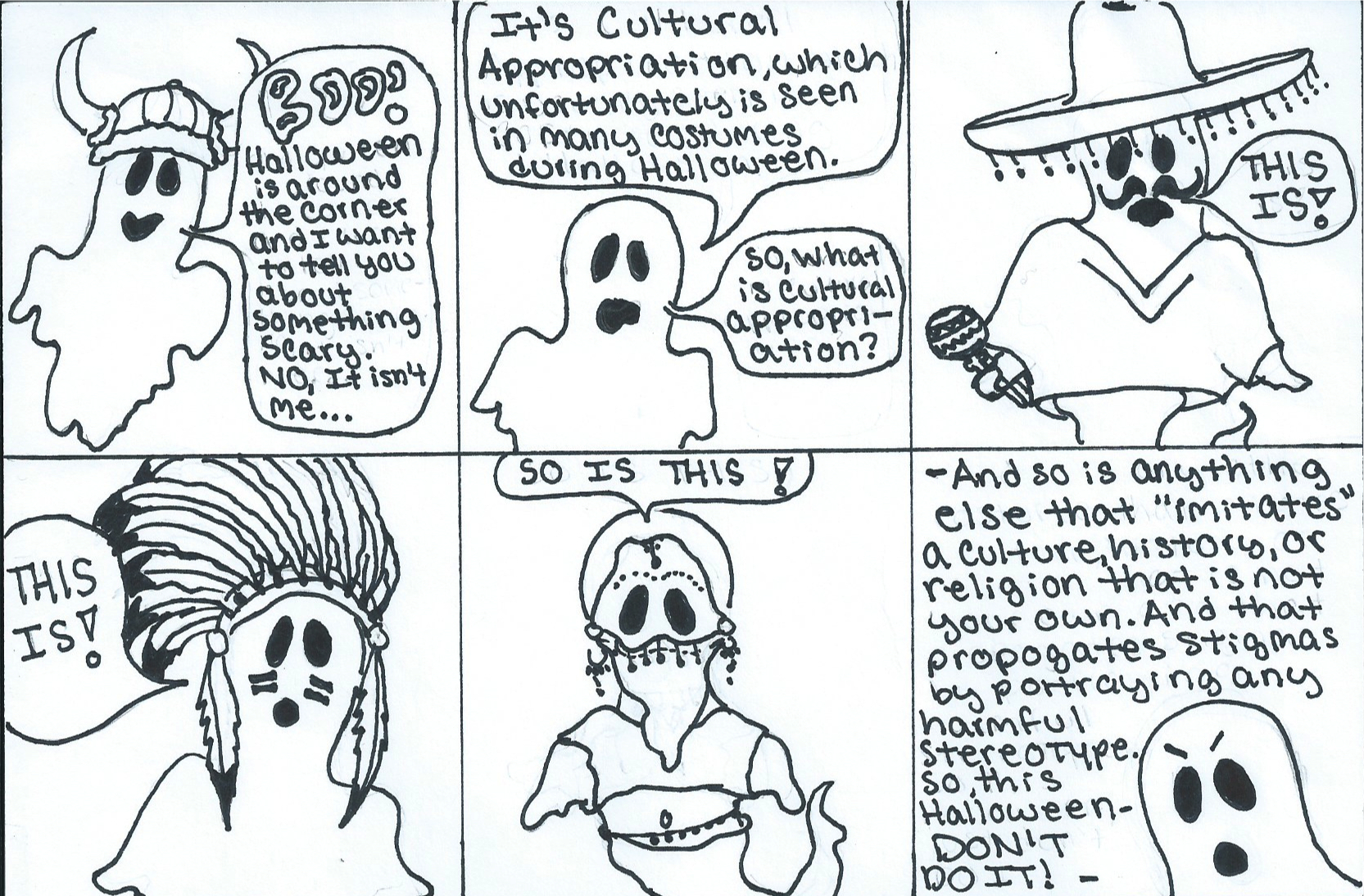Russia Week ends with a conference
Russia Week 2002 began on Monday, but the public can still attend events today through Sunday. Organized by Earl Molander, director of the Free Market Business Development Institute at PSU, Russia Week was designed to increase awareness and understanding of modern Russia.
Today the Russia in the 21st century conference begins with a lecture, “The Economic Recovery in the Russian Far East” from 1 to 4 p.m. in the Business Administration building, Room 190.
A panel discussion titled, “Contemporary Status of the Arts and Society in Russia,” on Wednesday in the Business Administration building drew an audience of about 20. Martha Hickey, PSU associate professor of Russian film, led the discussion with a description and analysis of Russian short stories and novels.
Sandra Rosengrant, PSU professor of Russian and chair of foreign languages and literature, discussed visual arts in Russia while showing slides of sculptures, paintings and photographs.
She showed a sculpture of Felix Dzerzhinsky, head of the first secret police organization in early 20th century Russia. The sculpture had been removed from its original location, but later exhibited in a ‘sculpture garden’ at the back of the Central House of Artists in Moscow.
In another slide, Rosengrant showed a granite statue of Joseph Stalin, made in 1938, located in the same garden. She explained that behind Stalin is a modern sculpture depicting a wire cage holding oval pieces of stone inside, each with a face. She discussed the symbolism of the sculpture’s placement and subject.
She went on to explain that visual arts during the soviet period were realist in manner and tended to be uplifting in content. She said, “If it wasn’t uplifting, that in itself became a statement.”
Rosengrant discussed a variety of artists and styles. She emphasized the influence of Vitaly Komar and Alexander Melamid, Russian artists responsible for many different tendencies including “sots-art.”
This form of art investigates ideological myths within Soviet society as indicated by propaganda or common visual language.
She ended her lecture by saying, “The pictures I’ve showed refer to the Soviet experience, but today’s artists don’t necessarily reflect this.”
Vreneli Farber, Oregon State University associate professor of Russian theater and culture, discussed her experiences during her nine month sabbatical in St. Petersburg, ending in June 2001.
Farber said there were a variety of plays to attend, ranging from very boring to very exciting. She explained there were slightly more foreign plays than Russian, but more Russian plays that date within the last ten years.
One play she enjoyed and shared with the audience was “Arcadia,” a play that takes place in early 19th century and modern time periods in England. Farber discussed the ways in which past and present were intertwined within the play.
Hickey took the stage again and discussed Russian film. She explained that while the film industry suffered in the early 1990’s, the future is looking better. She showed a clip of the Russian film, “Brothers,” and explained the scenes, as there were no subtitles.
Hickey discussed the parallels to American film, which included violence. When an audience member pointed out the high amount of violence in Russian film, Hickey explained that it may be a result of Russians’ frustration at not having the control to change their life that leads them to enjoy movies in which the characters have the control to solve matters.
Tonight at 6:30 p.m. in the Vanport room, a dinner and lecture, “Partnering for Salmon Conservation Across the North Pacific,” will be followed by a Russian music program. This is the only event that is not free, but it is open to the public for an admission fee of $20.
Saturday will be the most event-filled day, beginning with a lecture on Russian politics, from 9 a.m. to noon in the Business Administration building, Room 190.
A second session, from 1 to 4:30 p.m., in the same location, will feature a lecture on social problems and solutions in Portland’s sister city, Khabarovsk.
Russia Week closes on Sunday with entertainment from a Russian youth choir at 7 p.m. in the Lincoln Hall, Room 75.
Events earlier this week included a Russian film, “Sisters,” shown on Tuesday at the Broadway Cinema #1 and an exhibit of Portland’s sister city Khabarovsk on Thursday.
Russia Week is sponsored by PSU and the Portland-Khabarovsk Sister City Association, a nonprofit organization whose mission is “to foster international friendship through cultural & educational exchange and to facilitate social & economic ties between the citizens of our two communities,” according to their Web site at www.pksca.org.



